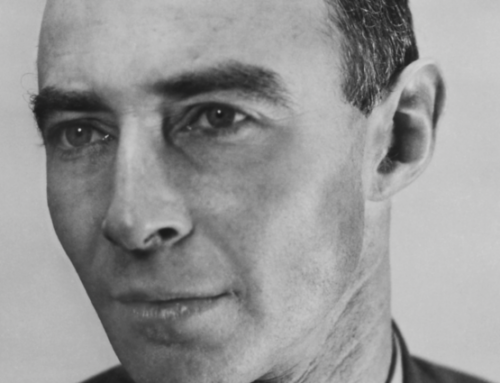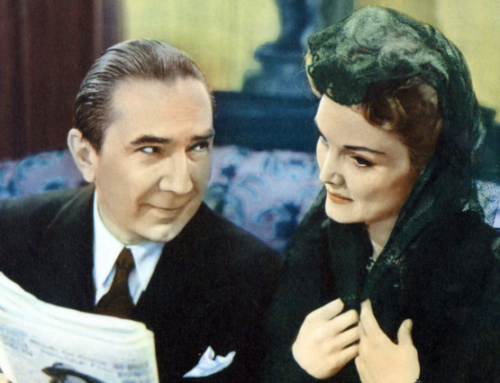 Christmas is all about grace and redemption. It’s also about the strange and wonderful person who wanders the world in the hope (conscious or unconscious) about grace. It’s also, of course, about the personal, loving, and creative God who became man and wandered among us for a while. What’s more wonderful than that? My Christmas list for you includes the three best movies about the mystery of grace received.
Christmas is all about grace and redemption. It’s also about the strange and wonderful person who wanders the world in the hope (conscious or unconscious) about grace. It’s also, of course, about the personal, loving, and creative God who became man and wandered among us for a while. What’s more wonderful than that? My Christmas list for you includes the three best movies about the mystery of grace received.
Tender Mercies is about a singer/songwriter—a poet—who was lost but then was found, who was saved from the wandering despair of alcoholism by a loving Christian woman and her always forthright and perfectly manly little son. The dialogue of the Duvall character (Mac Sledge), Tess Harper (his wife), and Allan Hubbard (his stepson) is terse, direct, respectful, and dignified—a perfect display about what’s best about the Christian and Stoic “country” South. The seductive charm of this film is so powerful that those nihilistic Coen brothers had to make No Country for Old Men to attempt to negate it. Their chilling but undeniably penetrating antidote is a wholly chance-and-necessity account of who we are. (See the place of the Tess Harper characters in both films). You’d be sending the wrong message if you gave No Country to a loved one for Christmas.
The Last Days of Disco is the best film by Whit Stillman—who thinks of himself, with plenty of good reason, as the American Jane Austen, our narrator of the truth both good and bad about our manners and morals. The acting, for once, is as good as Stillman’s endlessly subtle, witty, and semi-covertly theological script. Much of the film occurs in a Disco where lots of deep conversation is miraculously possible because the music sets the mood without being too loud. Not only is Disco in decline (a melodic and social dancing tragedy in view of what came before and after), but so too is the social class the urban haute bourgeoisie (UHB). But the most pretentious of the UHB young women does find her place in love and marriage with the genuinely classy or virtuous young man best for her through receiving the grace of incurable herpes.
The Apostle—wholly the project of Duvall—is the film on the relationship between sin and grace. It’s also the film that explores what’s good and bad—ennobling and deceiving—about the experience of having a too singularly personal or wholly untraditional relationship with Jesus. In Tender Mercies, baptism occurs in the context of the communities that are the church and the family. In The Apostle, the Duvall character (Apostle E.F.) baptizes himself. The Holiness (as low as a church can go) church the Apostle (a murderer on the run) founds displays with loving intensity part of the truth about Christianity than more orthodox or mainstream churches often neglect. For Christians, the distinctions between Jew and Gentile, black and white, man and woman, rich and poor, smart and stupid mean nothing in the eyes of the Lord. We’re all equal—equally sinners, equally made in His image, and equally in need of grace—under God. The law finally catches up with the Apostle, but the moving cadence of his preaching continues in a prison work detail as the film ends. He gets all the loving grace he needs—and more than he deserves. This film is all about the personal truth Flannery O’Connor saw in the “Christ-haunted South,” which is, of course, not the whole truth about who we are.
Books mentioned in this essay may be found in The Imaginative Conservative Bookstore.







Thank you for these suggestions — hoping these "oldies" remind filmmakers of the great potential film is for edifying and "beautifying" our world.